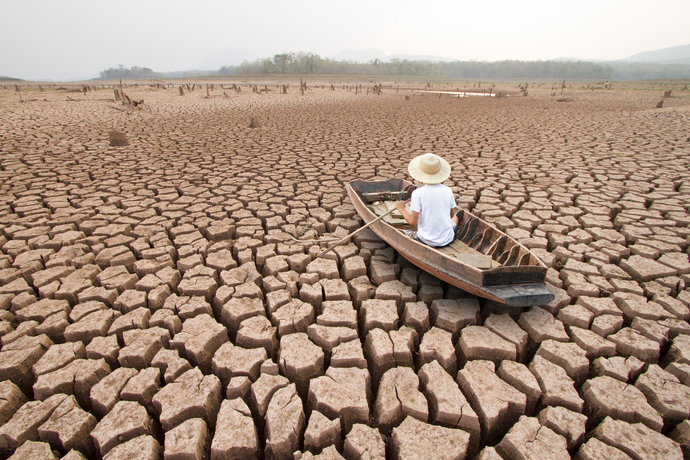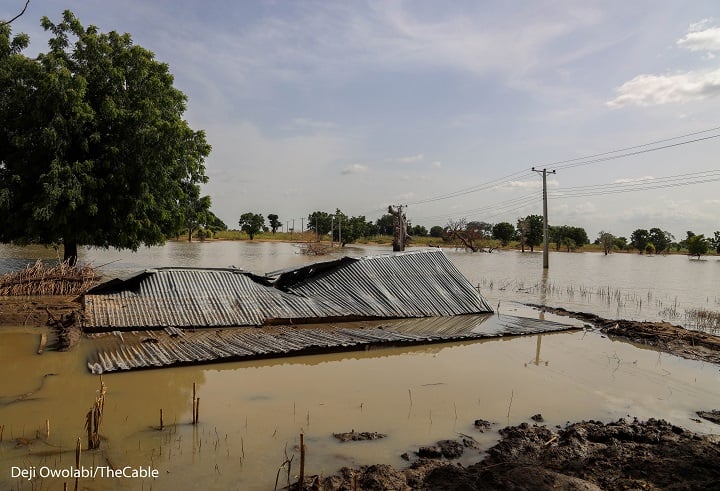The African Coalition of Communities Responsive to Climate Change (ACCRCC) and the Kenya Red Cross Society (KRCS) have urged governments on the continent to invest in mental health infrastructure to tackle climate-related crises.
In a statement issued on Wednesday, the ACCRCC said African communities needed help to adapt to the negative health impacts of climate change among farmers and livestock keepers.
Rosalid Nkirote, executive director of ACCRCC, said losses and damages due to flooding and droughts have drastically increased cases of depression.
“We are seeing farmers and pastoralists fall into serious depression as a result of losing investments in farming activities and livestock keeping due to drought and floods,” Nkirote said.
Advertisement
Zachary Misiani, a KRCS representative, said climate change is an emerging threat to public health that may get worse as the planet warms, oceans expand, and floods and droughts become more frequent and intense.
Misiani said mental health infrastructure was particularly needed in rural and pastoral areas that have been neglected for years.
The KRCS representative said developing drought-resistant crops and implementing early warning systems for disasters can reduce the effects of extreme weather events.
Advertisement
“This calls for changes in the way societies look at protecting vulnerable populations such as those with chronic illnesses or living in disaster-prone areas,” he said.
“Early warning systems provide advance notice of impending disasters, allowing individuals and communities to take necessary measures to reduce risks and prepare for the event, take protective measures, thereby saving lives and reducing damages to property and infrastructure.”
Reagan Elvis Nyango, a mental health expert from Uganda, said mental disorders can be influenced by climate change, adding that more attention should be given to people who have suffered a loss.
“While the response to climate impacts tends to focus on damaged roads and buildings, there is little attention given to the mental status of people whose livelihoods have been lost, people who lost loved ones nor those whose houses have been damaged,” Nyango said.
Advertisement
“The relationship between climate change and health is complex, to some extent not so direct. In recent years, climate change has become a social, economic, environmental, and political challenge facing humankind both at local, regional, and global levels.
“Climate change may be one of the indirect factors that are contributing to the prevalence of mental disorders.
“The background vulnerabilities that create the conditions for increasing the risk of mental illness can be directly or indirectly influenced by climate change.”
Advertisement
Add a comment






